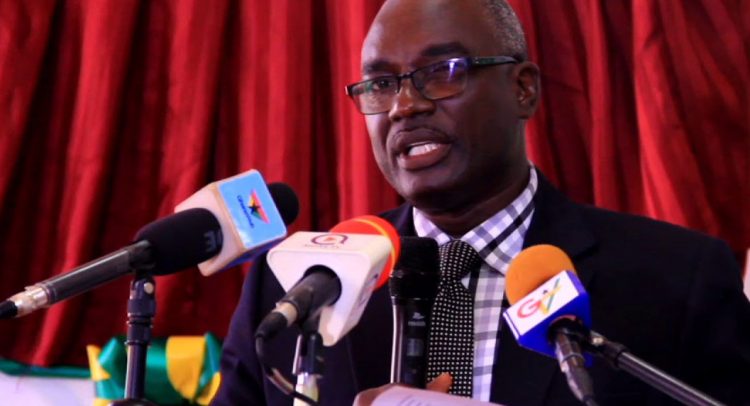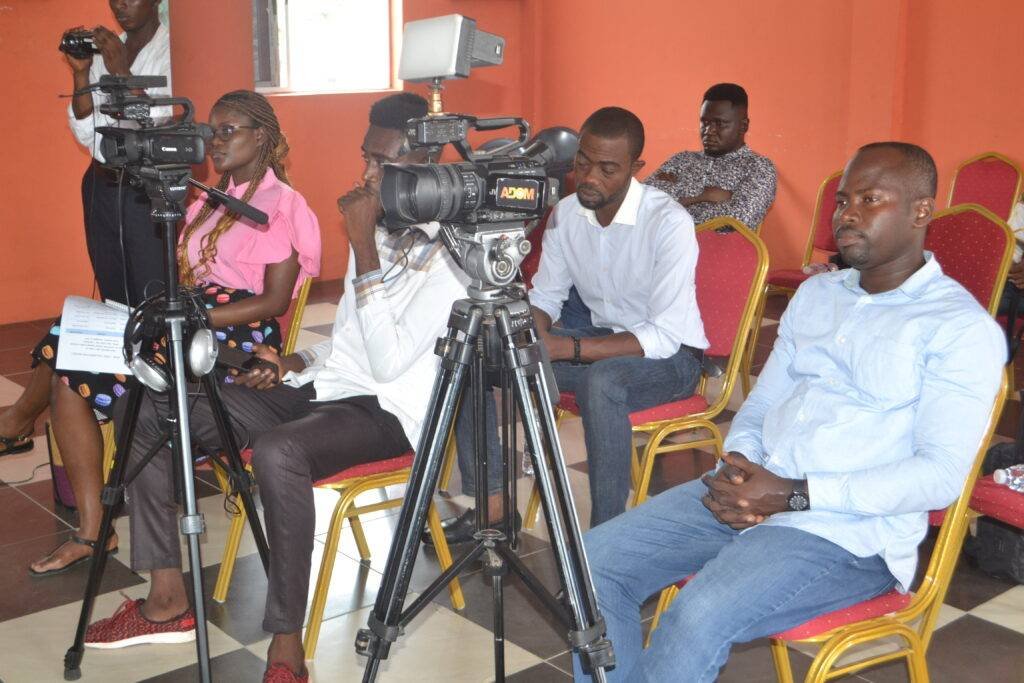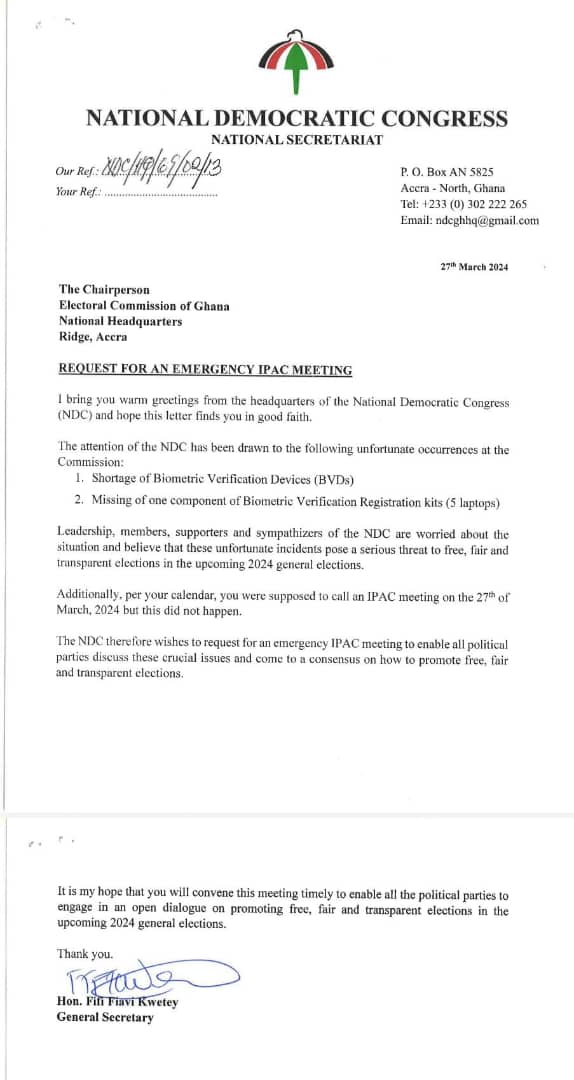
Dr Kodjo Mensah-Abrampah
The National Development Planning Commission (NDPC) and the Copenhagen Consensus Centre (CCC), a United States non-profit think tank, have underscored the need to have a set of concrete logical basis towards Ghana’s policy choices.
At a Stakeholders Roundtable on the Ghana Priorities Project, Dr Kodjo Mensah-Abrampah, the Director-General (DG) of the NDPC, said every single policy that would be proposed would have to go through a cost-benefit analysis.
“So if we get new resources (income) coming into the national budget, we will know where exactly to put these resources so we can make most gains,” he added.
The Ghana Priorities Project offered researchers the opportunity to present their preliminary work and receive inputs from senior officials and technical experts of the various ministries, departments, and agencies (MDAs) and other stakeholders.
It is being championed by the CCC in collaboration with the Ministry of Planning, NDPC and the Ghana Statistical Service.
The project uses cost-benefit analysis to provide data-driven decision support for Ghana to choose the most effective and impactful policy interventions across the country’s development agenda, covering areas such as health, education, agriculture, environment and infrastructure.
It is in this vein that the CCC commissioned researchers (Ghanaians and international researchers) to present papers on the costs and benefits of 80–90 policy interventions that cut across the Sustainable Development Goals (SDGs).
Dr Mensah-Abrampah said practically that would enable stakeholders to know how such policies were going to affect people’s lives; the social the environmental and more cogently economic implications.
He said the essence of a policy was to reduce risk and “be able to say there is a higher probability of a success in pursuing these policies”.
Dr Lomborg, on his part, said the Roundtable was a technical meeting that targets Ghanaian economists and specialists, with much emphasis on actions that could be taken in the near future.
He noted that the objective was to get everyone to make inputs from across Ghana, which could be captured in the research, an information that would be useful for Ghana.
Ghana spent about GH¢ 11 billion or more every year on various interventions and there was the need to give the politicians all the information available to make informed choices in the best interest of the people, he said.
Dr Anthony Nsiah-Asare, the DG of Ghana Health Service, said the health sector had prioritised its activities, particularly in investing in prevention and promotion of healthy living, as this would help cut down on non-communicable diseases.
He said healthcare was all not about building hospitals but the need to sensitise community members to become responsible in their actions.
“The health of any individual is the person’s own responsibility as much as the health worker’s responsibility, and that, to me, is how we will set the priority for this nation so far as the health sector is concerned.”
Read Full Story


















Facebook
Twitter
Pinterest
Instagram
Google+
YouTube
LinkedIn
RSS